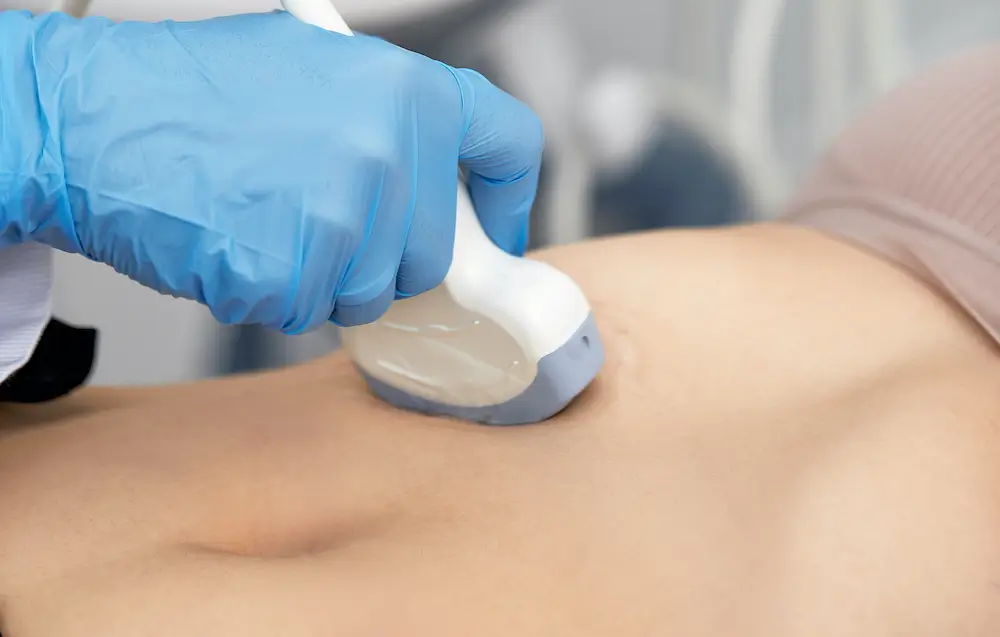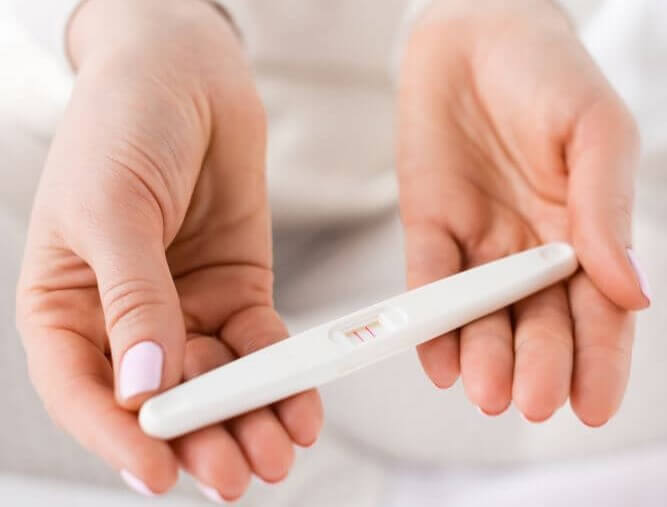Embarking on the journey of in vitro fertilization (IVF) can be hopeful and overwhelming. Understanding the roadmap of IVF medication is crucial for navigating this process with confidence and empowerment. In this blog, we’ll explore the stages of IVF medication, from preparation to embryo transfer, providing insights and guidance for those embarking on this path to parenthood.
Understanding the IVF Process and IVF Medication
Before diving into medication specifics, it’s essential to grasp the IVF process itself. From initial consultations and diagnostic tests to ovarian stimulation and embryo transfer, each stage plays a crucial role in the journey toward conception.
Preparing for Treatment
Preparation is vital in IVF treatment. This stage involves comprehensive evaluations, including medical history reviews, physical examinations, and fertility assessments. Patients may also undergo lifestyle adjustments and pre-treatment protocols to optimize their chances of success.
Ovarian Stimulation
Ovarian stimulation is a pivotal phase of IVF, aimed at producing multiple eggs for retrieval. Medications, typically administered through injections, stimulate the ovaries to develop mature egg follicles. Close monitoring and hormone level assessments ensure the stimulation process is tailored to each patient’s needs.

Trigger Shot Administration
The trigger shot, typically hCG (human chorionic gonadotropin), marks the final stage of ovarian stimulation. This injection triggers the final maturation of the eggs, preparing them for retrieval. Timing is critical, with the trigger shot administered precisely as instructed by the fertility specialist.
Egg Retrieval
Egg retrieval, performed under sedation, is a minor surgical procedure for collecting mature eggs from the ovaries. The retrieved eggs are then fertilized with sperm in the laboratory, forming embryos for transfer.
Embryo Development and Monitoring
Following egg retrieval, the fertilized eggs undergo embryo culture and development in the laboratory. Embryologists monitor their progress closely, assessing factors like cell division rates and embryo quality to determine viability for transfer.
Medications for Endometrial Preparation
While embryos develop in the lab, patients may undergo endometrial preparation to optimize the uterine lining for embryo implantation. Hormonal medications, including estrogen and progesterone, are often prescribed to support endometrial growth and receptivity.
Embryo Transfer
Embryo transfer is a highly anticipated milestone in the IVF journey. This procedure involves transferring one or more embryos into the uterus, guided by ultrasound technology. Medications may be continued post-transfer to support implantation and early pregnancy.
Post-Transfer Medication and Support
After embryo transfer, patients may continue medications to support the early stages of pregnancy. Hormonal support, including progesterone supplementation, helps sustain the uterine environment and promote embryo implantation. Close monitoring and emotional support are essential during this waiting period.

Navigating Challenges and Celebrating Success
While the road to IVF success may have its challenges, it’s essential to remain resilient and hopeful. Whether adjusting medication protocols, addressing setbacks, or celebrating positive outcomes, each step of the journey contributes to the overarching goal of building a family.
The roadmap of IVF medication is a testament to the power of hope and perseverance in the face of fertility challenges. By understanding each stage of treatment and embracing the support of healthcare professionals, patients can embark on this journey with confidence, knowing that they are empowered to create their path to parenthood.






